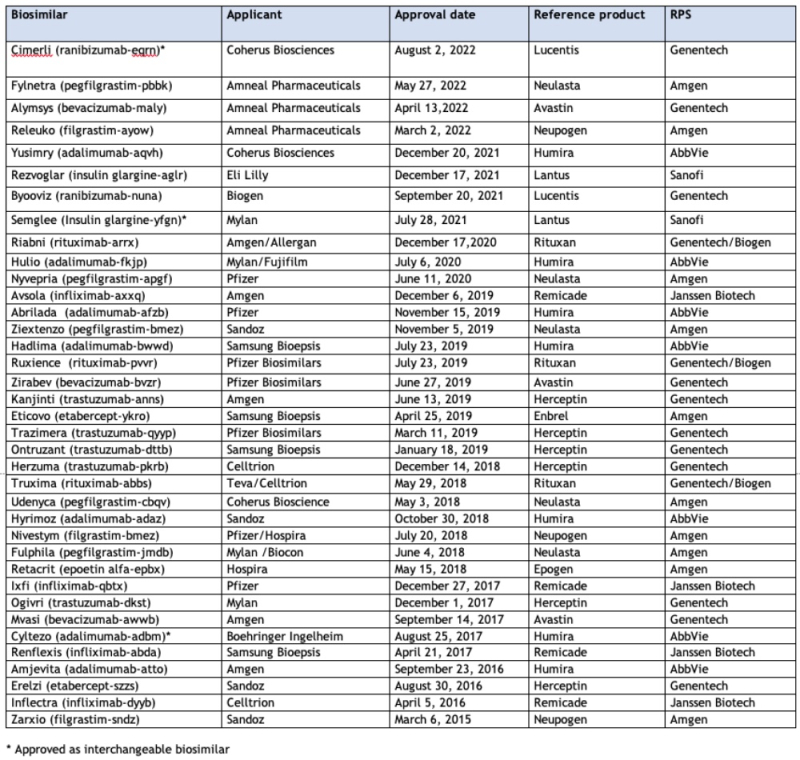Human Composting Is Now a Thing
In most states, the only legal options for your body when you die are burial, cremation, or donation.
But people in a small handful of states now have a new option: human composting.
The “green burial” movement has gained traction in the last few years as consumers look for less costly and more environmentally friendly ways to end their lives.
They want to avoid the often-exorbitant expense of traditional funerals. They also want to avoid the less-expensive option of cremation, with its significant environmental cost.
Too often, though, state laws are an impediment. While most states do not explicitly prohibit green burials, many have laws and regulations requiring paved roads, fencing, and endowments that create obstacles. There are also local ordinances that make green burials difficult.
And while every state in the union supposedly allows the burial of loved ones in backyards, not everyone has a backyard.
Say hello, then, to human composting.
In April 2021, the world’s first large-scale human composting facility opened south of Seattle after the Washington Legislature made their state the nation’s first to legalize the process. Then on May 10, 2021, Colorado Gov. Jared Polis signed into law a bill that was passed April 28 by that state’s legislature to follow Washington’s lead. The practice is now also legal in Oregon and will be legal in Vermont in 2023.
How Human Composting Works
There’s nothing new about composting, of course. Humans have been creating and using compost, the mulch that results when you pile together organic matter like food scraps and leaves, to fertilize plants and enrich the soil for thousands of years. These days, many people maintain backyard compost heaps for that purpose.
As its name implies, human composting means applying that same process to human remains.
Recompose, one of the companies now operating in Washington, describes the process this way: The body is placed in a cradle surrounded by wood chips, alfalfa, and straw. It is then placed into a vessel and covered with more plant material. The vessel remains unopened and monitored by proprietary technology, which will rotate the contents now and then, for 30 days while microbes naturally break down and convert the contents into nutrient-rich soil. Each body creates about one cubic yard of material that can then be used to enrich gardens, forests, or conservation lands, nourishing new life.
Another name for human composting is “natural organic reduction,” and if you want to open a business to do that in Washington, that’s the name of the license you will need.
Recompose was the first company to announce its intention to begin operation, but others have emerged recently. One is Herland Forest, a natural burial cemetery (no embalming or caskets) that is providing the service entirely outdoors, relying on manpower instead of technology to monitor and rotate the vessels. A third is Return Home, which has trademarked the name “Terramation” to describe what they do.
The prices for these services include the process of transforming the body into soil, as well as other services, including transportation, a video of the “laying in,” filing of death certificates, and obituaries. They range from around $3,000 at Herland Forest, which has fewer frills, to $4,950 at Return Home and $5,500 at Recompose.
Return Home and Recompose feature several add-ons of the type you’d expect from a funeral home. Recompose, for instance, offers “the opportunity for a virtual ceremony facilitated by the Recompose staff,” the filing of the death certificate, transportation, shipping, and “empathetic handling of the body.”
How do these prices compare with other options? According to the National Funeral Home Directors Association, the national median cost for an adult funeral with viewing and burial is $7,460. When a vault is included, it rises to $9,135. The average cost of a funeral with cremation is a bit lower, $6,260.
There are also green burial sites, whose numbers are rapidly expanding. These are cemeteries where bodies are buried in shallow graves without headstones to decompose naturally. Prices for green burials vary widely, depending on many factors, but an article in Pew Stateline says that a burial in the White Eagle Memorial Preserve in southern Washington costs a little over $3,000.
With its goal of a green conclusion to life, human composting is similar, but it differs in that it gives families the freedom to do with the remains of their loved one as they wish. In that sense, human composting is similar to cremation, where families may spread the ashes in, say, a cherished geographic location. The difference is that compost has a biological value that cremated remains do not.
Another difference is that the compost comes with a much lighter environmental cost. The Green Burial Council estimates that cremation, which involves heating a furnace to 2,000 degrees Fahrenheit for two hours, produces the same emissions as driving 500 miles in a car. (GBC also says that traditional funerals result in 4 million gallons of embalming fluid and 64,000 tons of steel going into the ground each year.)
For those who may be interested in this latest green burial option for themselves or for a loved one who has expressed a desire, it may be wise to start planning for it now. Estate-planning attorney Alison J. Warden recently wrote in the Puget Sound Business Journal that in Washington, people have the right to “give explicit, written directions on how to dispose of (their) remains.” They also have the right to name an agent to execute their wishes, such as an estate-planning attorney or a death care services provider.
For now, the options for human composting are geographically limited. But if the concept spreads, more and more Americans may have an opportunity to think about having a different, more life-giving, end to their days.
Related Resources:
You Don’t Have To Solve This on Your Own – Get a Lawyer’s Help
Meeting with a lawyer can help you understand your options and how to best protect your rights. Visit our attorney directory to find a lawyer near you who can help.






